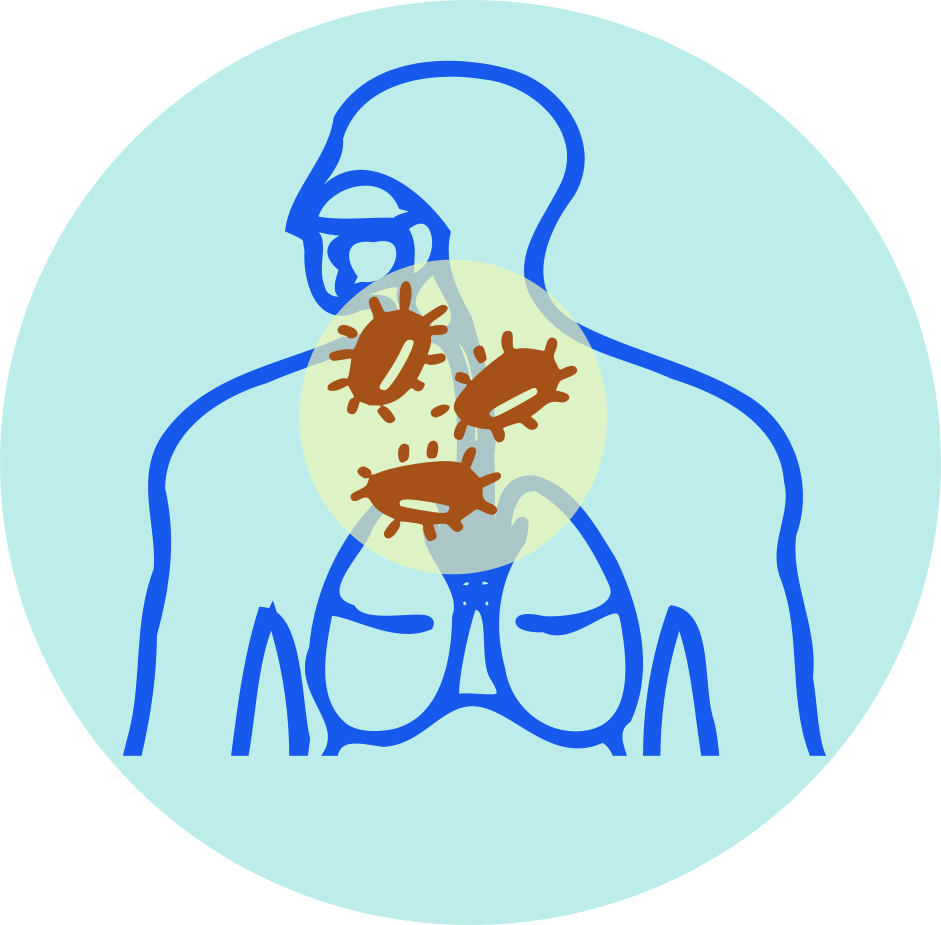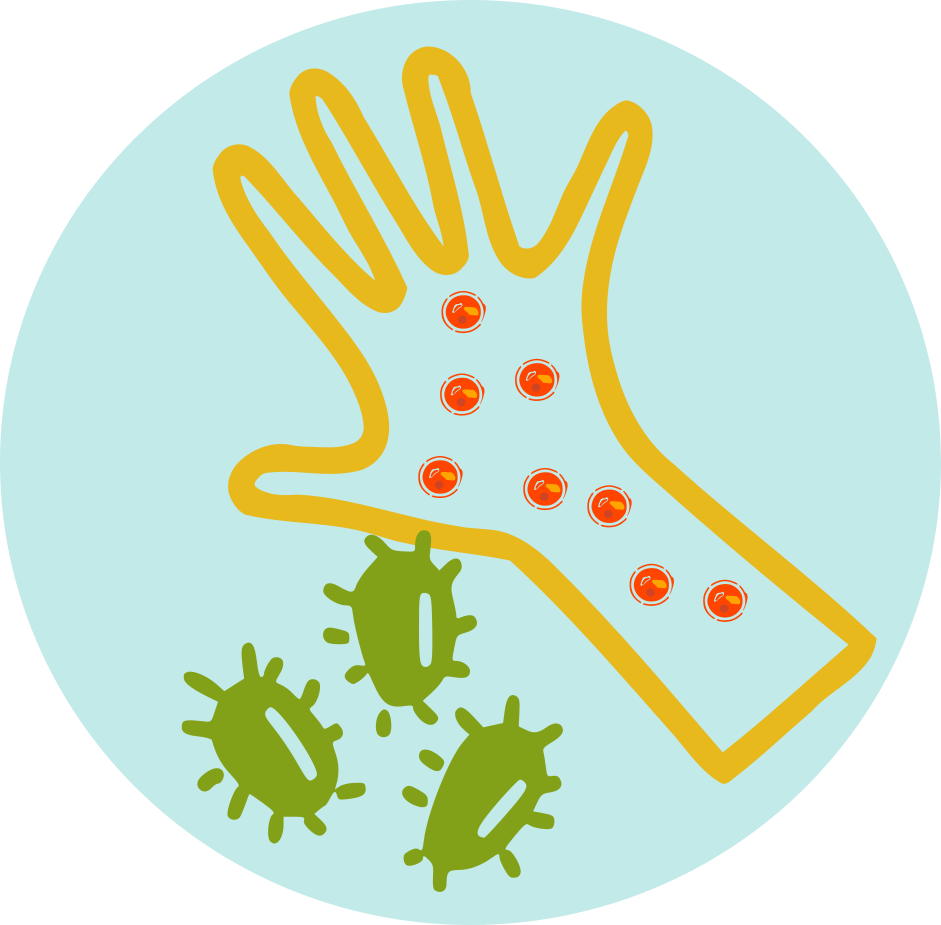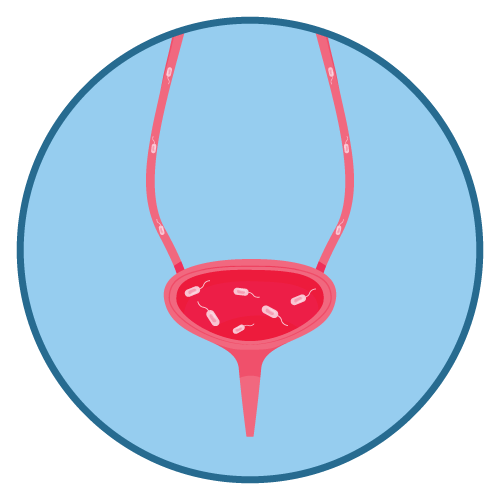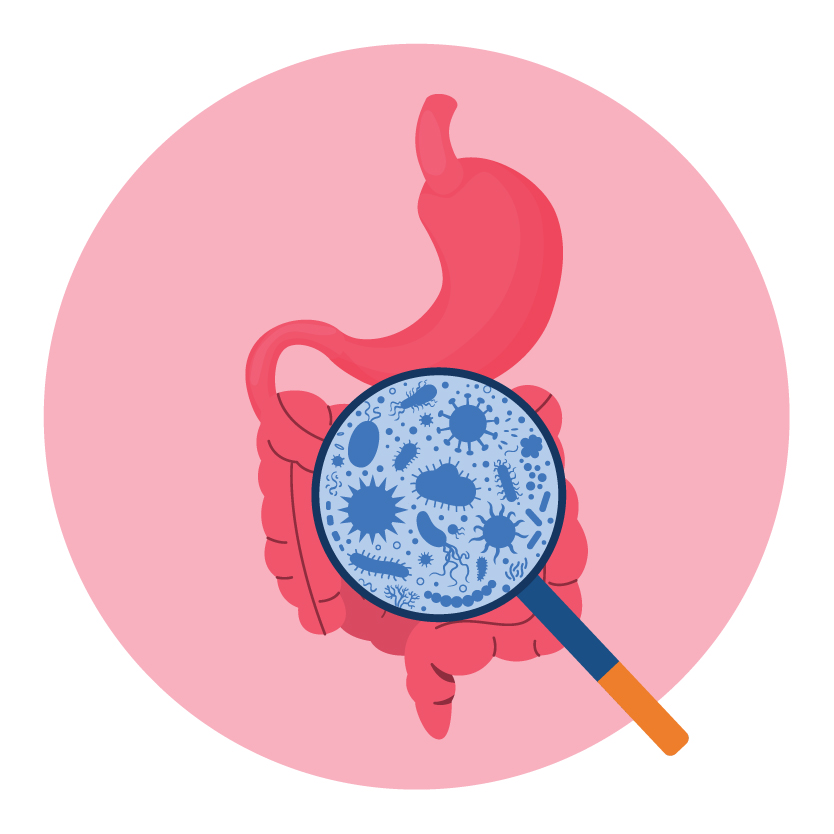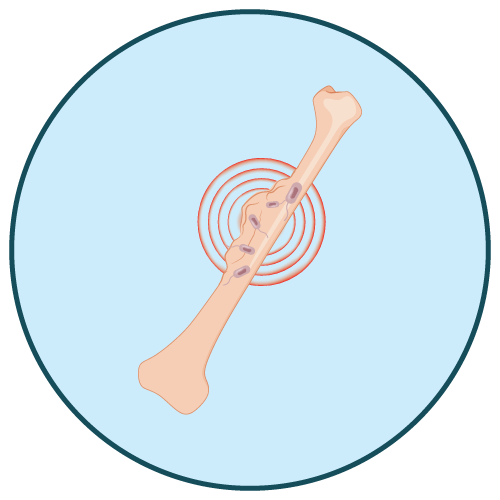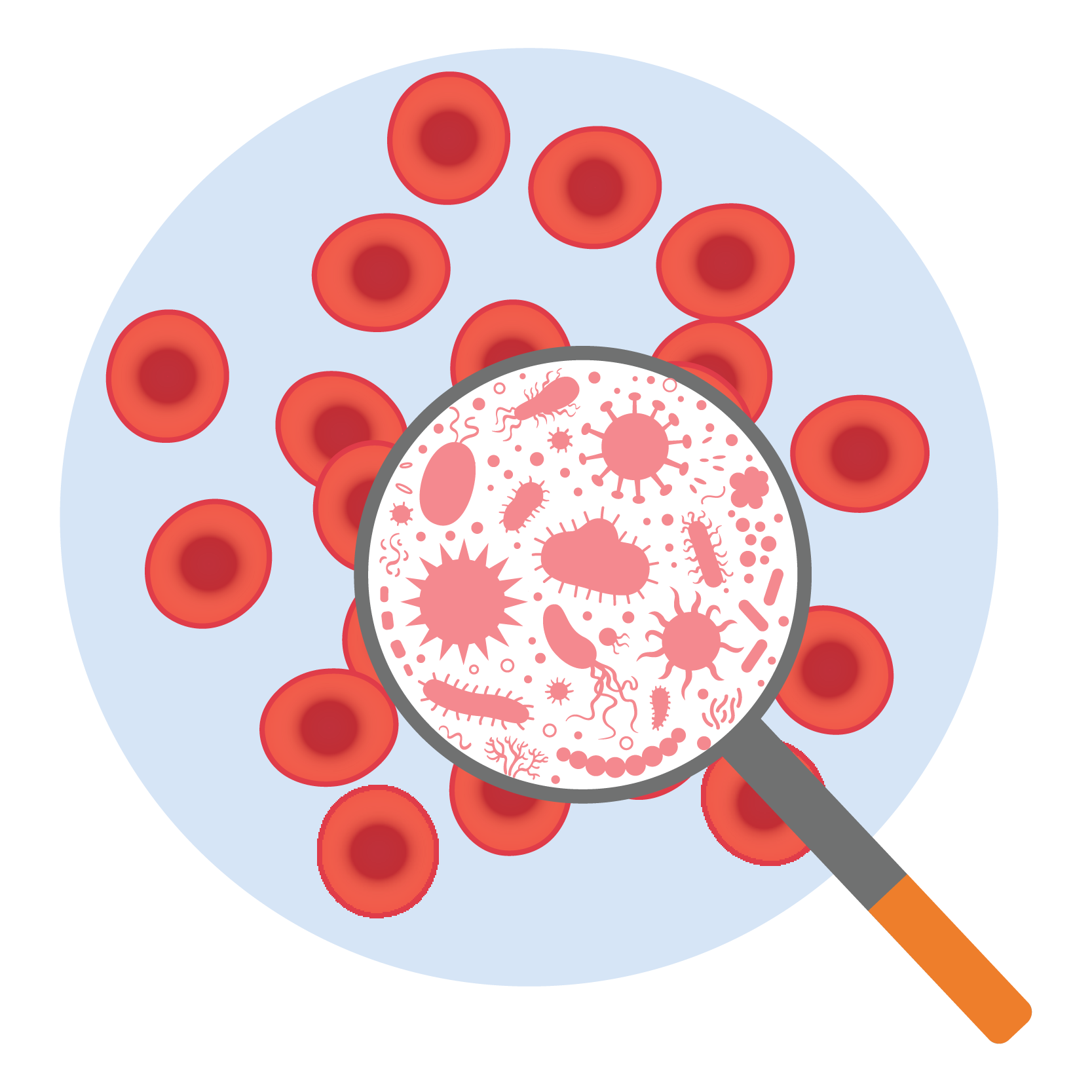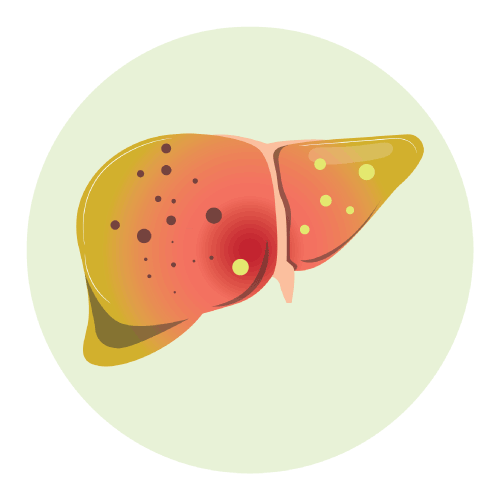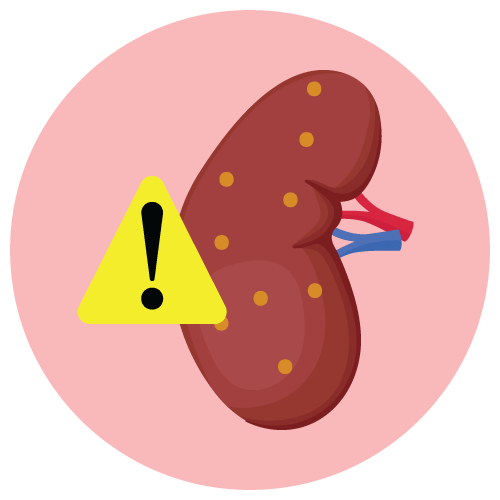| Name | Amoxicillin + Cloxacillin |
| Classes |
Antiinfective Agent Antibiotic Penicillin |
| Diseases |
Gonorrhea Infectious Disease Influenza Meningitis Pneumonia |
Amoxicillin + Cloxacillin
Amoxicillin and cloxacillin combination is a penicillin antibiotic used to treat bacterial infections. Amoxicillin is a broad-spectrum penicillin antibiotic, while cloxacillin is a narrow-spectrum penicillin antibiotic. Both drugs work by inhibiting the bacterial cell wall synthesis, leading to bacterial death.
This combination is indicated for the treatment of bacterial infections caused by susceptible organisms, including:
- Upper and lower respiratory tract infections
- Skin and soft tissue infections
- Urinary tract infections
- Gastrointestinal tract infections
- Bone and joint infections
- Endocarditis
- Septicemia
- Dental infections
The dosages of amoxicillin and cloxacillin are combined and given orally, typically three to four times a day, depending on the severity of the infection and the patient's age and weight. The usual adult dosage is 500 mg of each drug, while the pediatric dosage is based on the child's weight. The duration of treatment may range from 5 to 14 days, depending on the type and severity of the infection.
- Hypersensitivity reactions: Patients with a history of hypersensitivity to penicillins should not receive amoxicillin and cloxacillin. Allergic reactions, including anaphylaxis, may occur and can be life-threatening. Patients should be carefully monitored for signs of hypersensitivity during therapy.
- Superinfection: Prolonged use of amoxicillin and cloxacillin may result in the overgrowth of nonsusceptible bacteria or fungi. Patients should be monitored for signs of superinfection and treatment should be adjusted accordingly.
- Renal impairment: Amoxicillin and cloxacillin are primarily excreted by the kidneys. Dosage adjustments are recommended in patients with renal impairment to avoid drug accumulation and toxicity.
- Hepatic impairment: Patients with hepatic impairment may require dose adjustments due to reduced drug metabolism and clearance.
- Pregnancy and lactation: The safety of amoxicillin and cloxacillin use during pregnancy and lactation has not been established. Use during these periods should be done only if the benefits outweigh the risks.
Contraindication
Amoxicillin and cloxacillin are contraindicated in patients with a history of hypersensitivity to penicillins or cephalosporins such as-
None known.
- Patients with infectious mononucleosis should not receive amoxicillin and cloxacillin due to the risk of rash development.
- Patients with a history of severe kidney problems should not use this drug.
 Bangla
Bangla English
English